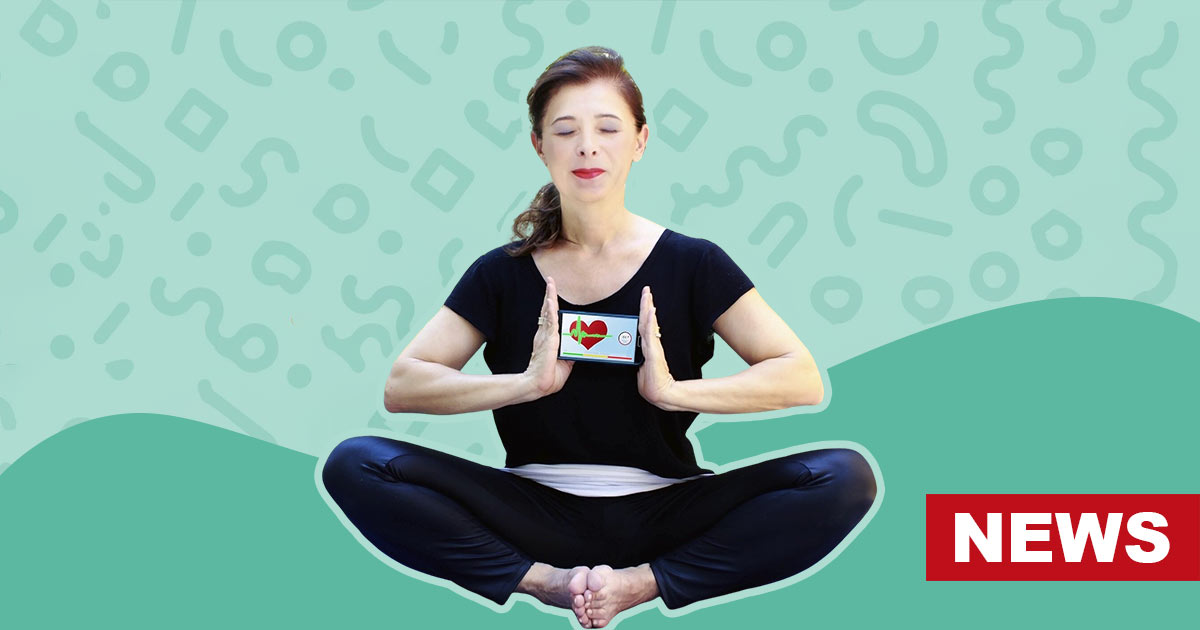- A new study highlights the benefits of exercise apps for mental health in healthcare professionals.
- The findings reveal the potential for fitness or workout apps to reduce depression and anxiety effectively.
New research from the University of British Columbia highlights the potential of fitness apps in alleviating depressive symptoms among healthcare professionals, offering a promising strategy to combat the global mental health crisis within the sector.
The study, recently published in JAMA Psychiatry, involved participants who were either waitlisted as controls or engaged in an exercise group with access to home exercise apps known as DownDog.
These exercise apps for mental health encompassed various workout options such as yoga, cardio, and strength training. Over a 12-week period, participants in the exercise group were encouraged to complete at least 80 minutes of moderate-intensity exercise weekly.
Dr. Vincent Gosselin-Boucher, the primary author and a postdoctoral fellow at UBC’s school of kinesiology, emphasized the significance of the findings on how exercise apps improve mental health. As the study progressed, the exercise group consistently reported notably reduced levels of depressive symptoms in contrast to the control group.
Particularly noteworthy is the fact that many participants initially showcased high degrees of depressive symptoms, making the observed changes even more remarkable. The positive outcomes were most prominent among individuals who consistently engaged in an average of at least 80 minutes of exercise per week.
In addition to addressing depressive symptoms, the research team evaluated burnout symptoms and sick leave patterns during a two-week period preceding the study’s commencement and at two-week intervals throughout the trial.
Simultaneously, the exercise apps for mental health tracked participants’ workout sessions. Notably, exercise exhibited improvements in two facets of burnout: cynicism and emotional exhaustion. Furthermore, the exercise group experienced a reduction in sick days compared to the control group.
The study underscores the potential of easily accessible fitness or workout apps for mental health in healthcare professionals, alleviating anxiety and depressive symptoms. The research’s implications are noteworthy, as it provides a tangible and practical approach to address the mounting mental health challenges faced by individuals within the healthcare sector.
By incorporating exercise into their routines through user-friendly apps, healthcare workers may find a powerful tool to combat the strain on their mental health, ultimately contributing to their overall well-being.




